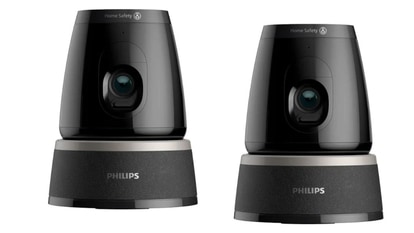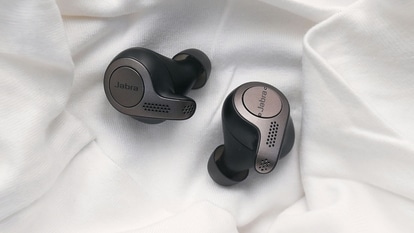Fitbit data can predict flu outbreaks
A study done in the United States used heart rate and sleep data from Fitbit to predict and therefore alert public health officials about real-time outbreaks of flu more accurately than the “current surveillance methods”.

Besides counting steps and how much you have slept, the Fitbit on your writs can also tell you if you are coming down with a flu and help you prepare for the outbreak. A study done in the United States used heart rate and sleep data from Fitbit to predict and therefore alert public health officials about real-time outbreaks of flu more accurately than the "current surveillance methods".
The study used data from more than 47,000 Fitbit users from five US states. The results, that were published in The Lancet Digital Health journal, showed that by using Fitbit data, "state-wide predictions of flu outbreaks were improved and accelerated".
The World Health Organization (WHO) estimates that "as many as 650,000 people worldwide die of respiratory diseases linked to seasonal flu each year".
Traditional surveillance reporting to detect and combat a flu outbreak takes up to three weeks, including response measures - such as deploying vaccines or anti-virals and advising patients to stay at home and can often lag.
"Responding more quickly to influenza outbreaks can prevent further spread and infection, and we were curious to see if sensor data could improve real-time surveillance," said Jennifer Radin, who co-led that study at the US Scripps Research Translational Institute.
Previous studies using crowd-sourced data like Google Flu Trends and Twitter - have witnessed variable success, partly, experts say, because it is impossible to separate behaviour of people who are actually suffering from flu from those who search online about it, especially during outbreaks.
For this study, Radin's team "de-identified data from 200,000 people whose Fitbits tracked activity, heart rate and sleep for at least 60 days during the March 2016 to March 2018 study period". From the 200,000 people, 47,248 users from California, Texas, New York, Illinois and Pennsylvania wore a Fitbit consistently during the period. The average age of these Fitbit wearers was 43 and 60% were female.
The users' resting heart rate and sleep duration were monitored and flagged as abnormal if "the average weekly heart rate was significantly above their overall average and their weekly average sleep was not below their overall average".
This data was then compared to the US Centers for Disease Control's weekly estimates for flu-like illness.
Rosalind Eggo, a public health expert at the London School of Hygiene & Tropical Medicine, said that "the study suggests fitness trackers hold some promise as a disease surveillance tool".
But she said more work is needed "to gauge how reliable these data are over time, how specific these measurements are for flu, and how representative Fitbit users are of the whole population".
Catch all the Latest Tech News, Mobile News, Laptop News, Gaming news, Wearables News , How To News, also keep up with us on Whatsapp channel,Twitter, Facebook, Google News, and Instagram. For our latest videos, subscribe to our YouTube channel.


























